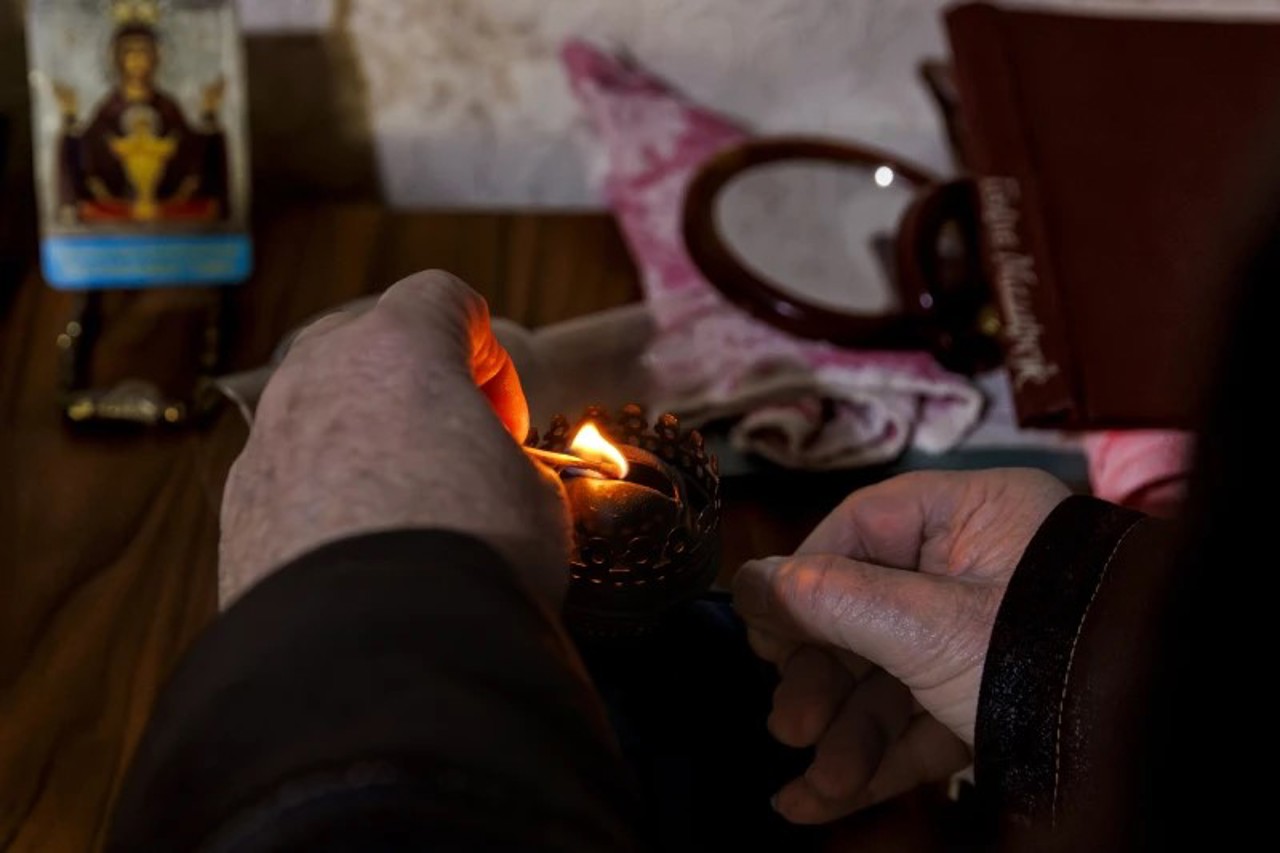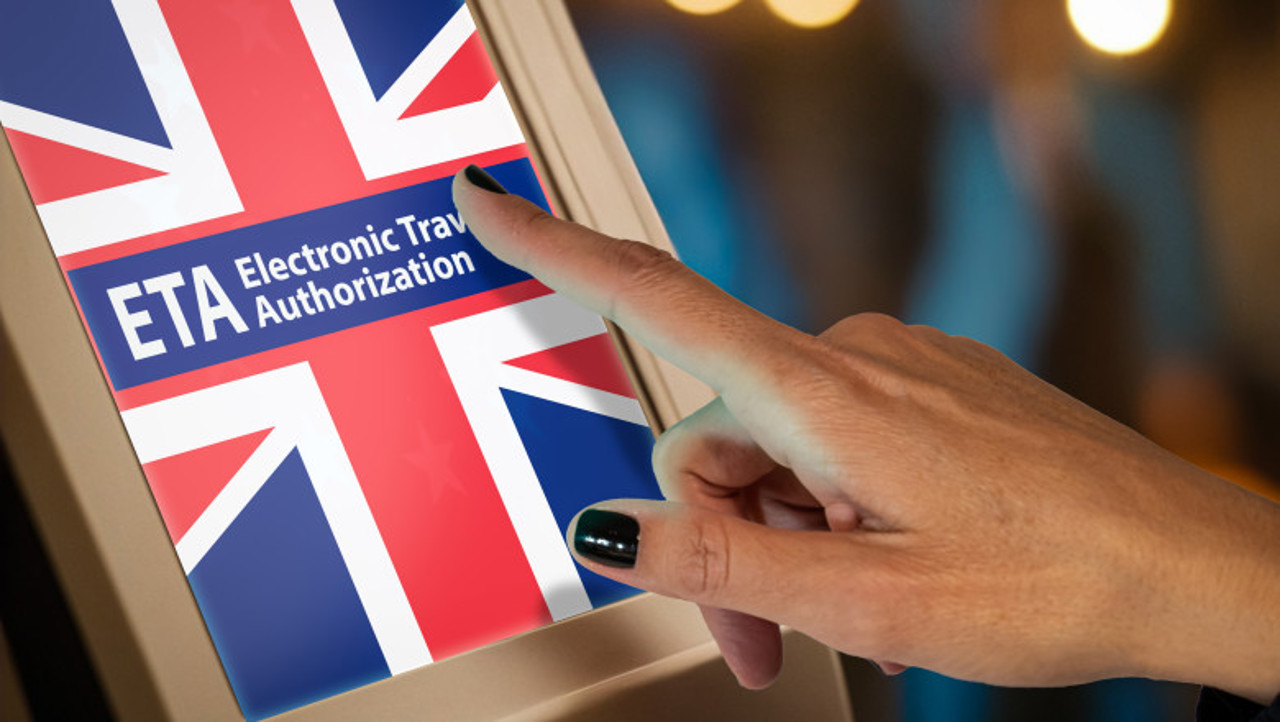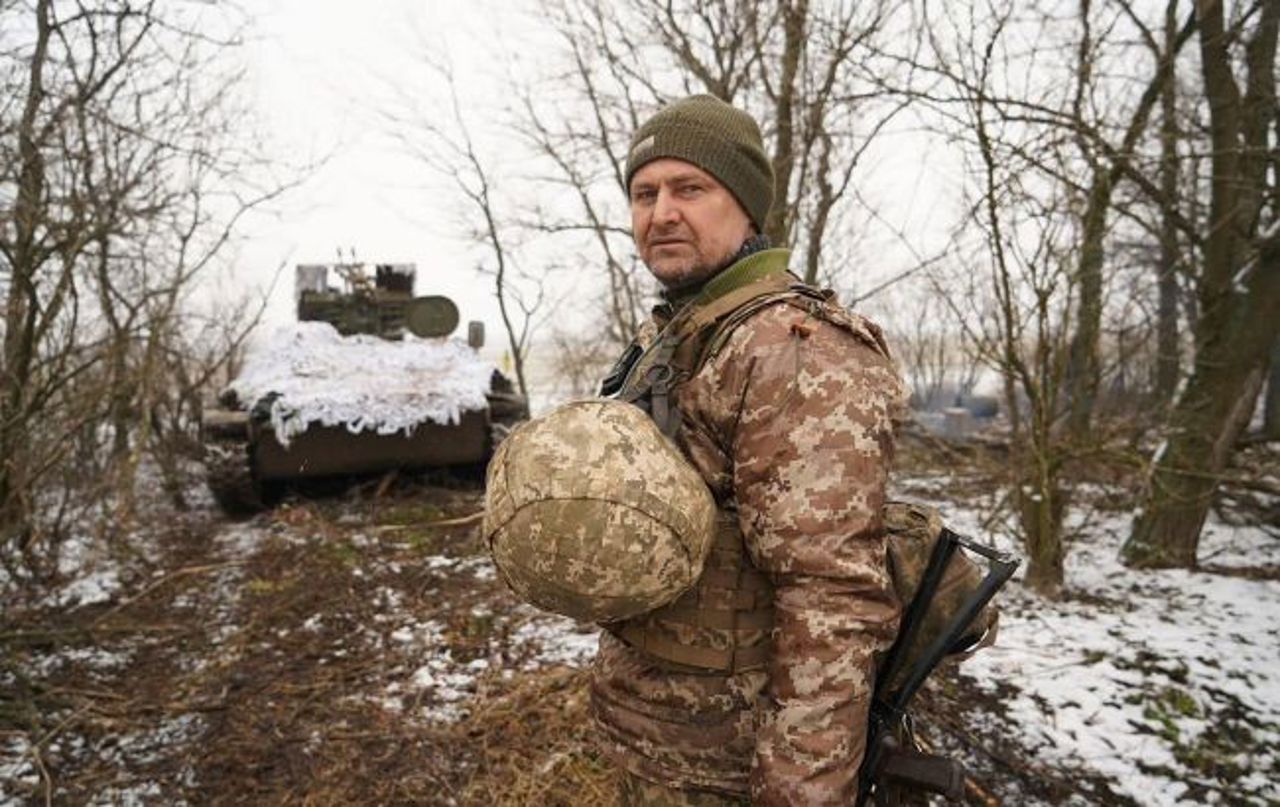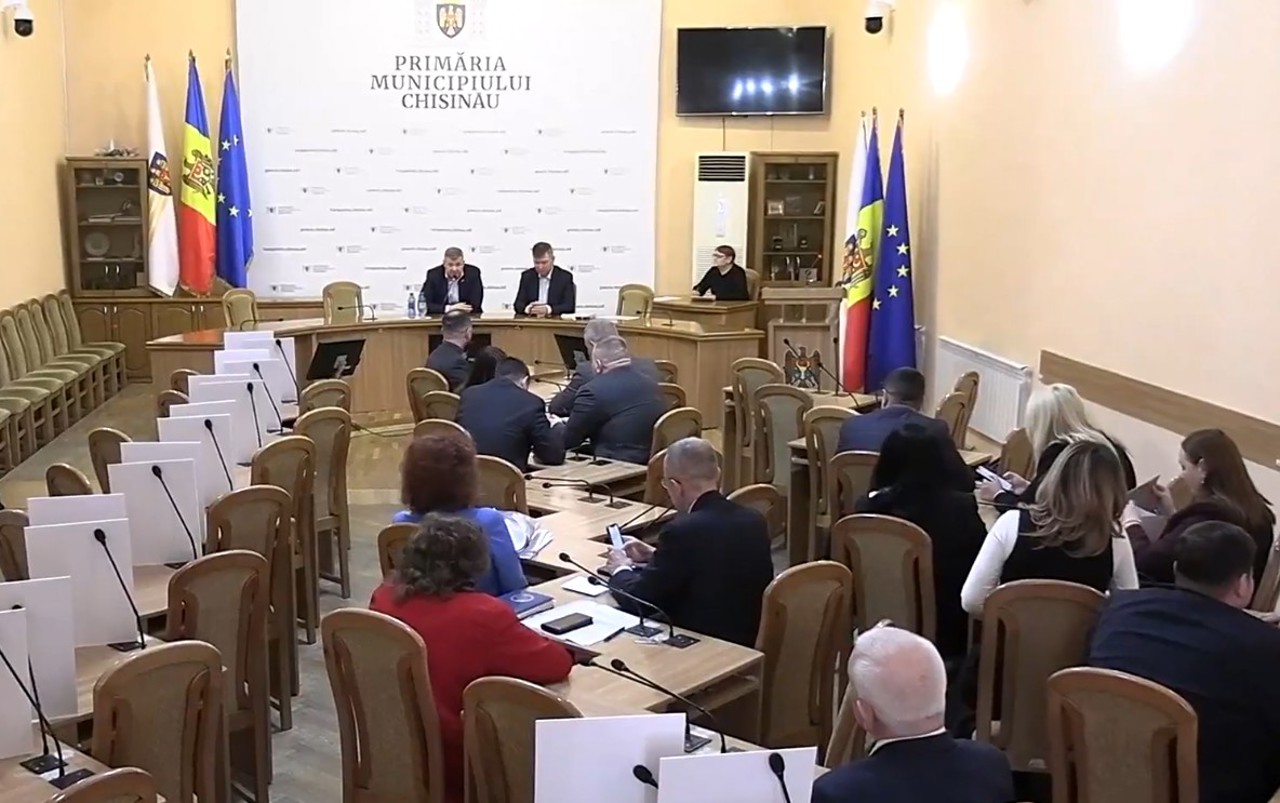EU aid to Transnistria: A turning point in Moldova relations
The European Union’s unprecedented assistance to the Transnistrian region marks a significant shift in international relations, as the bloc directly supports an unrecognized region for the first time.

Experts consider this a test of trust for the authorities in Tiraspol, while Moldova’s announcement of support has led to a noticeable reduction in the propagandistic tone from the region’s media.
This suggests that tensions between the two sides might be easing, according to former Deputy Prime Minister for Reintegration, Alexandru Flenchea.
Energy expert Eugenia Gusilov notes that the Transnistrian region now has multiple options to resolve its ongoing energy crisis, but it must show maturity in decision-making. “Tiraspol has four options to choose from, but it must demonstrate maturity and select one, meaning it must say yes,” she explained during an interview on Moldova 1. Gusilov added that the 10-day period to test the solution proposed by the EU and Moldova represents a key moment for Tiraspol's leadership. "This is also a credibility test for the Tiraspol regime and how seriously it is taken by international partners who are willing to offer assistance."
Gusilov pointed out that this energy crisis could become a pivotal moment for significant changes in the region, as well as a test of its ability to prioritize its citizens. "The growing social pressure on the left bank could encourage them to find the courage to choose one of the proposed solutions from neighboring countries. Both the Ukrainian proposal and EU aid are viable options,” she added, suggesting this moment could also mark the beginning of distancing from Kremlin influence. It’s worth noting that Ukraine has offered to supply coal to the Transnistrian region at low or even no cost for electricity production, in exchange for the Cuciurgan Power Plant’s potential to provide electricity to Moldova and Ukraine.
Additionally, Flenchea observed a noticeable shift in the tone of Tiraspol's propaganda following Moldova’s Prime Minister Dorin Recean’s announcement of support. "I don’t think it’s a coincidence that right after Recean's announcement, the wave of harsh and acrimonious propaganda from Tiraspol stopped. If we judge by Tiraspol's quasi-official press, the energy crisis on the left bank of the Dniester no longer exists," he said on Radio Moldova's "Zi de zi" (Daily) program.
Flenchea also noted that the EU's decision to financially support an unrecognized region not only provides temporary relief but could also represent a turning point in relations between Chișinău and Tiraspol. "We see the emergence of a crisis resolution solution... There is a positive dynamic between Chișinău and Tiraspol," the former Deputy Prime Minister stated.
While short-term solutions are being tested, questions remain about their long-term sustainability. "What happens after the 10-day period expires? We've seen mentions of a resilience energy plan in officials' statements, but it’s unclear whether it will yield immediate effects," Flenchea added.
From February 1 to 10, the European Union will allocate a €30 million grant to purchase natural gas, which will also be used to produce electricity for the right bank of the Dniester at pre-crisis prices.
Chișinău will lend the Transnistrian region 3 million cubic meters of natural gas. These will be delivered based on a loan agreement to be concluded by Moldovagaz and Tiraspoltransgaz. The agreement will be guaranteed by the European Union, according to a decision from the Commission for Exceptional Situations.
It should be noted that the self-proclaimed leaders of Tiraspol have not yet commented on whether they will accept the offer from Chișinău, backed by the European Union. Recently, Ukrainian authorities also proposed assistance to the Transnistrian region to alleviate the crisis through coal deliveries, under certain conditions, including the requirement to generate electricity for both banks of the Dniester and for the Odesa region.
Translation by Iurie Tataru





